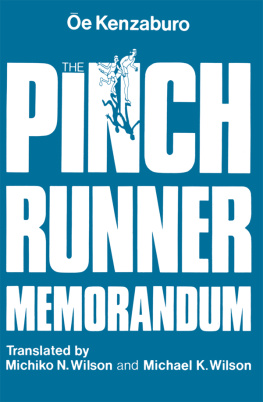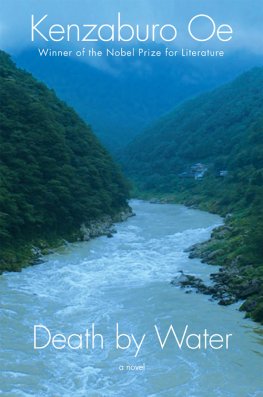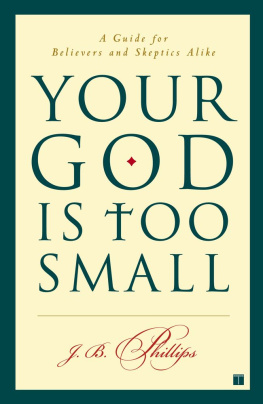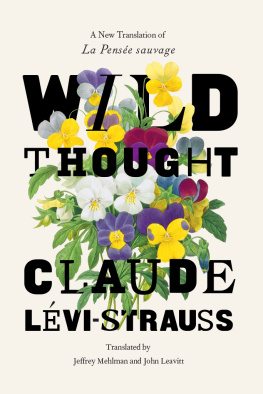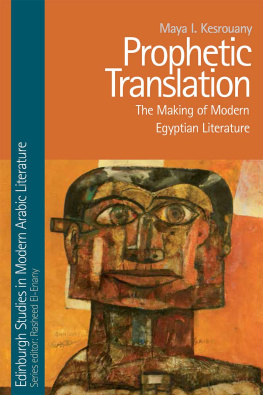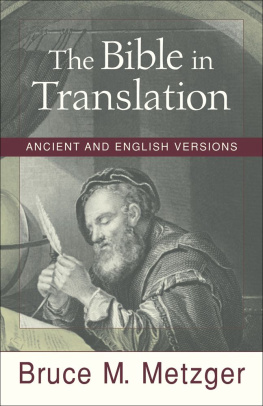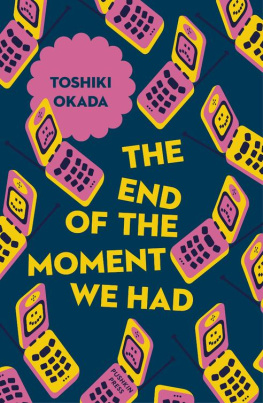THE PINCH RUNNER MEMORANDUM
Those who know e will be delighted with this vintage grotesque realism where cosmic laughter lights up his meticulous critical engagement.Those who don t will instantly recognize the sure hand of one of the world s greatest fiction writers today.
Masao Miyoshi,
University of California, San Diego
A maelstrom of a novel: haunting, delirious, hypnotic and extremely funny With devastating contemporary originality,e explodes the nuclear family into bits and reassembles it into a startling new combinationthe bizarre Odyssey of a Japanese father and son it will be hard to forget.
Ariel Dorfman,
Author of Death and the Maiden
e Kenzaburo maintains his reputation as one of the premier novelists of postwar japan Thanks to the talents of two gifted translators,... we have a new and provocative version of a book many Japanese readers consider one of the author s major accomplishments It is about time we knew this book, and we owe the translators real gratitude for finding the fortitude, and the requisite sensitive vocabulary, to allow the many contrasting surfaces and depths of this novel to render themselves to a new audience of English-language readers with such clarity and resonance.
Thomas Rimer,
University of Pittsburgh
The publication of this book was partially funded by the
Ellen Bayard Weedon East Asian Studies Fund of
the University of Virginia.
First published 1994 by M.E. Sharpe
Published 2015 by Routledge
2 Park Square, Milton Park, Abingdon, Oxon OX14 4RN
711 Third Avenue, New York, NY 10017, USA
Routledge is an imprint of the Taylor & Francis Group, an informa business
Copyright 1994 TayLor & Francis. All rights reserved.
No part of this book may be reprinted or reproduced or utilised in any form or by any electronic, mechanical, or other means, now known or hereafter invented, including photocopying and recording, or in any information storage or retrieval system, without permission in writing from the publishers.
Notices
No responsibility is assumed by the publisher for any injury and/or damage to persons or property as a matter of products liability, negligence or otherwise, or from any use of operation of any methods, products, instructions or ideas contained in the material herein.
Practitioners and researchers must always rely on their own experience and knowledge in evaluating and using any information, methods, compounds, or experiments described herein. In using such information or methods they should be mindful of their own safety and the safety of others, including parties for whom they have a professional responsibility.
Product or corporate names may be trademarks or registered trademarks, and are used only for identification and explanation without intent to infringe.
Library of Congress Cataloging-in-Publication Data
e, Kenzabur, 1935
[Pinchi rann chsho. English]
The pinch runner memorandum / Oe Kenzaburo; translated by
Michiko N. Wilson and Michael K. Wilson
p. cm.
An East gate book
ISBN 1-56324-183-8. ISBN 1-56324-184-6 (pbk.)
I. Title.
PL858.E14P513 1993 93-16114
895.635dc20
CIP
ISBN 13: 9781563241840 (pbk)
ISBN 13: 9781563241833 (hbk)
This translation is for
Edie, Kenny,
Mary, Jamie,
Junko, and Michio
Contents
______________________________
______________________________
Nineteen ninety-three, which started with the changing of the guard at the White House in the United States, also signaled a change for Japan which very few Japanese had foreseen even a year earlier. That summer, when the thirty-eight-year majority rule of the Liberal Democratic Party was replaced by a coalition government which promised a series of social, political, and economic reforms, one of the first things the newly elected Prime Minister Hosokawa Morihiro did was to say what no other Japanese leader, including the Emperor, had dared to say for forty-eight years: he publicly acknowledged that World War II was a war of aggression, a mistaken war.
In his speech at the August 15 annual war memorial services, Hosokawa said: Our condolences extend beyond our borders. Reflecting the general sense of the Japanese people, I want to express my deep condolences first of all to the people of our neighboring Asian countries, and then to war victims around the world and their survivors.1 Speaking after the Prime Minister, Takako Doi, the first Japanese woman to hold the position of Speaker of the House, put the matter more blundy: We have still not reached a point of reconciliation with the Asian people who were forced into horrible sacrifices by our misdeeds.2
For e Kenzaburo, a representative of the new postwar generation, Prime Minister Hosokawas public acknowledgment that Japan was responsible for the Pacific War was long overdue. It also marks a significant personal vindication that brings a kind of closure to his life-long political stance. This issue of war responsibility has been the bone of contention underlining the critical perspective of es writings, both his fiction and his essays. As recently as 1986, in a speech he gave at The Challenge of Third World Culture conference at Duke University, e, playing the role of the disappointing clown, took issue with a Japanese foreign policy full of discriminatory practices toward neighboring countries, a continual frustration for him as a Japanese citizen:
Japan appeared on the international scene clearly as a Third World nation from about the time of the Meiji Restoration (1868). In her process of modernization ever since, she has been a nation blatantly hostile to her fellow Third World nations in Asia, as evidenced by her annexation of Korea and by her war of aggression against China. Her hostility toward her neighbors continues even today even now, more than forty years after the end of the war, I do not think that we Japanese have done enough to compensate for what we can compensate foreither economically or culturally . We are often aggressors toward nations of the Third World, of which we ourselves are in fact a member. The burden of that image weighs heavily on my back as I stand before you now.3
When Japan surrendered unconditionally to the Allied forces on August 15, 1945, e was ten years old, a patriotic boy ready to die at the command of the Emperor. The spontaneous sense of elation and liberation among Japanese at the end of the war was soon replaced by uneasiness about the impending crisis of the Cold War. For the sensitive and precocious e, the Occupation of Japan (19451952) turned out to be doubly humiliating. On the one hand, Japanese adults who made an about-face overnight on emperor worship, had betrayed the young patriot and abandoned him; on the other hand, the United States, in the name of fighting the Communist Menace, took away the freedom of speech and the spirit of tolerance and democracy given to the Japanese with such generosity at the beginning of the Occupation. e could forgive neither country for the duplicity of its actions. This double sense of betrayal had an enormous impact on him as it cut deep into his own vulnerability.
In his passionate espousal of progressive issues that range from nuclear disarmament, the environment, A-bomb victims and dissident writers to minorities and the handicapped, e has unleashed enormous energy and imagination in playing, through his writings, the roles of clown and novelistic gadfly. In 1963, at the age of twenty-eight, he was to find a very private voice for his socio-political belief: he became the father of a mentally handicapped baby boy, Hikari, who was born with a defective cranium. This personal tragedy precipitated a series of short stories, novellas, and novels that pursue an alternative view of the world and humankind, and in which e the writer makes dramatic leaps in his experimentation with techniques drawn from French, Russian, and American literary and anthropological theories. The cumulative result of these intellectual exercises is a whole set of multi-voiced and multilayered texts in which the reader is invited to engage, with the narrators, in a kind of emotionally and psychologically complex detective work.


